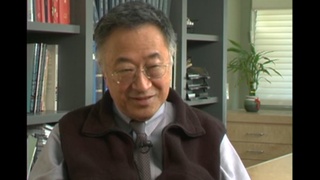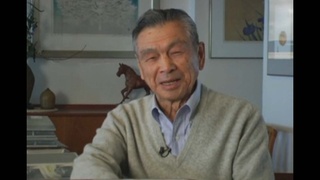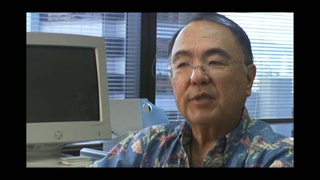Interviews
Do it for all Asians
You know all the time we were doing these arguments and I’m participating, every once in a while, someone would say,” how come you’re in this?” And I said,” you people are short-sighted,” I said,” Number 1, if we do succeed,” I said,” you’re going to do it for all Asians, - I said, back in those days I used the term “Orientals”, I says - if I can’t tell a Korean from a Japanese, from a Chinese and none of you can either, then how are the Caucasians gonna be able to tell? They’re won’t be able to tell either.” I says,” you’re going to do it for the Japanese Americans, but in the end you’re going to do it for all Asians. That’s number 1, and that’s why I’m here.” I says,” I look like you, no one could tell the difference and so when it gets done, it’s gonna be for everybody. It’s gonna be the thing that’s gonna liberates us.”
Date: August 28, 1995
Location: California, US
Contributed by: Watase Media Arts Center, Japanese American National Museum











